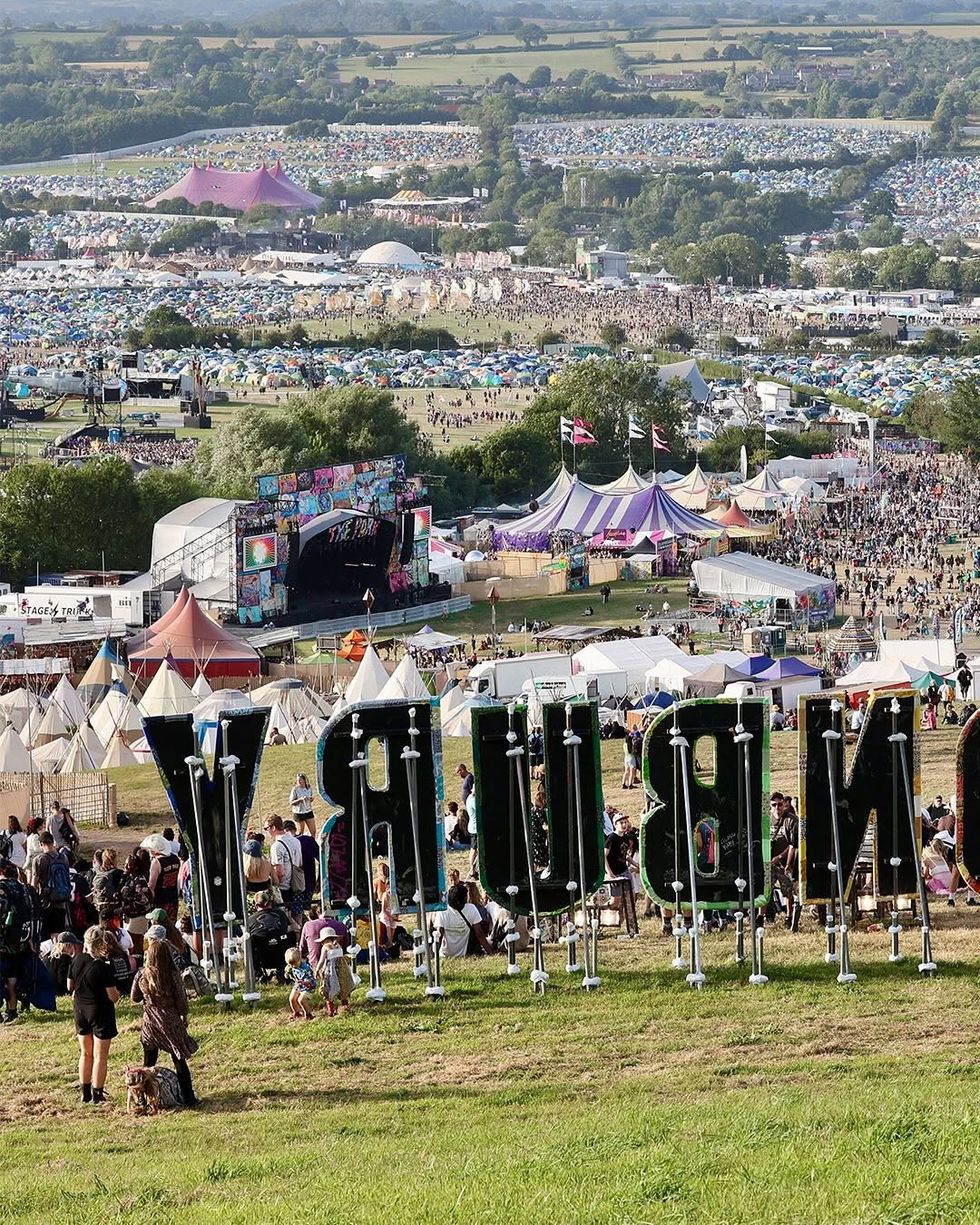Diwali, the Festival of Lights, is celebrated with great fervour and enthusiasm by Hindus, Sikhs, and Jains, each community infusing the occasion with unique traditions and significance. This multicultural celebration unites these diverse religious groups under the shared umbrella of light, spirituality, and new beginnings. Let’s explore how Diwali is observed by Hindus, Sikhs, and Jains.
Hindu Diwali: For Hindus, Diwali commemorates the return of Lord Rama from a 14-year exile, symbolizing the victory of good over evil. It's a five-day festival, marked by lighting diyas (oil lamps) to ward off darkness and negativity. Families come together, exchanging gifts and sweets, and elaborate feasts are prepared.
Goddess Lakshmi, the deity of wealth, is revered, and homes are adorned with vibrant rangolis (colourful patterns) and lights. Fireworks illuminate the night sky, signifying the triumph of light over darkness.
Diwali is often regarded as a five-day festival, encompassing the celebration of Dhanteras, where "dhan" meaning "wealth" and "teras" meaning "13th," signifies prosperity. This wealth-focused observance occurs two days before the main festival of lights.
The custom of gambling during Diwali is rooted in legend. It is said that Goddess Parvati engaged in a game of dice with her husband, Lord Shiva, on this auspicious night. It was believed that those who gambled during Diwali would experience prosperity in the coming year, following the decree of Goddess Parvati.
Every simple ritual performed during Diwali holds profound significance and ancient tales. Homes are aglow with lights, and the night sky dazzles with fireworks, all in reverence to the heavens, seeking blessings of health, wealth, knowledge, peace, and prosperity.
In one belief, the sound of firecrackers represents the earthly joy, signaling to the gods the abundance of the people. Another explanation, grounded in science, suggests that the fumes from the firecrackers serve a practical purpose by repelling insects, including mosquitoes, which proliferate after the rains, ensuring a more comfortable environment for all.
Jain Diwali: Jains observe Diwali as a symbol of spiritual enlightenment, marking the awakening of Lord Mahavira. It celebrates the moment he achieved Moksha, signifying mankind's liberation from darkness. During this time, Jains reflect on enlightenment and the pursuit of a higher spiritual state.
Every Diwali, Jains illuminate lamps, symbolising the eternal light of Lord Mahavir’s wisdom. Sweets are shared, commemorating his profound contributions.
Some Jains observe Diwali through fasting, hymns, and mantras, honouring Lord Mahavir, while others engage in charitable deeds. The day following Diwali heralds the Jain New Year, embracing fresh starts. Jain community members exchange greetings of “Saal Mubarak,” signifying Happy New Year.
Sikh Diwali: For Sikhs, Diwali signifies the victory of light over darkness and is intertwined with Bandi Chhor Divas, the day of freeing prisoners. Sikhs celebrate the return of Guru Hargobind, their young spiritual leader, who was released from wrongful imprisonment.
Diwali serves as a reminder of Sikh leaders' support for freedom, equality, and fair treatment for all. This festival unites believers in acts of cleansing, illumination, and joy. Homes are meticulously cleaned and adorned with lamps, candles, and diyas. New clothes are worn, and communal kitchens serve feasts in gurdwaras.
The Akhand Path, an uninterrupted reading of the Guru Granth Sahib Ji, lasts 48 hours. Also, streets come alive with processions, bonfires, and vibrant firework displays.
While the specific reasons for celebrating Diwali differ among these different religions, the essence remains universal. Diwali unites all in a shared celebration of spirituality, new beginnings, and the triumph of good over evil.






 Wintour also became synonymous with the Met GalaGetty Images
Wintour also became synonymous with the Met GalaGetty Images








 Fans celebrate the sunny start to Friday as Glastonbury’s biggest performances beginInstagram/
Fans celebrate the sunny start to Friday as Glastonbury’s biggest performances beginInstagram/ Festival site buzzing with fans anticipating secret sets and surprise actsInstagram/
Festival site buzzing with fans anticipating secret sets and surprise actsInstagram/

